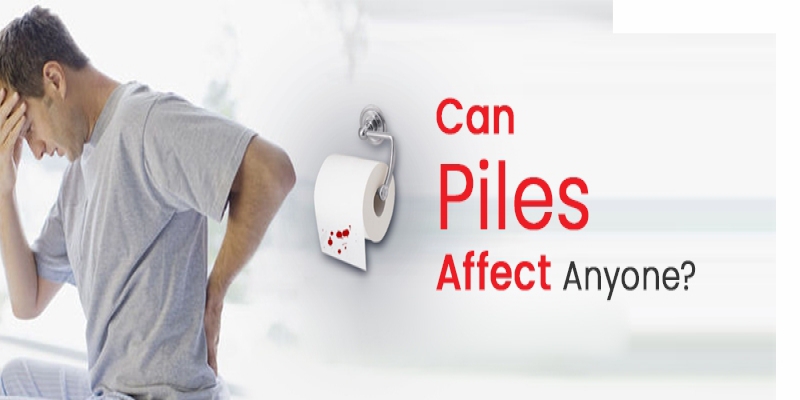Symptoms You may not Expect with Piles
2019-04-30 / RG STONE HOSPITAL / Piles

Piles can occur among men or women at any time. There is no prior warning associated with piles. There is presence of haemorrhoids (piles) in every human being. But inflamed piles do not always have symptoms which are easy to realise.
The most common problems which occur with piles are:
- Discomfort in the rectum
- Itching or pain in the anal area
- The person may experience blood in the tissue or in the pot while using the bathroom
- Pink and moist bump which budges out of the anus is the external pile and the appearance of the bump is an assurance of the presence of piles.
Generally people do not consider these as warning signs and continue with the normal working. But when the problem persists and their normal life is affected, they feel the need to visit the doctor. Until now, they may be ignorant about the presence of piles in their body.
The piles can be in the external or the internal part of the anus. Generally the inner piles are not very disturbing. But contrary to this, the external piles are quite uncomfortable and the people should consult the doctor to discuss about the problem.
The piles can be in the external or the internal part of the anus. Generally the inner piles are not very disturbing. But contrary to this, the external piles are quite uncomfortable and the people should consult the doctor to discuss about the problem.
There could be another side of the coin which should not be overlooked. The symptoms may indicate towards piles but there could be other conditions which can also have similar symptoms.
Some of these conditions are:
- Crohn’s Disease
- Diverticulitis
- Colitis
- Rectal cancer
Right diagnosis is very important and the patient should be willing to consult the doctor regarding the same. Hence being aware of the problem is the most important step which should not be overlooked.
How is the condition of piles diagnosed?
The doctor will examine the anus area. He may use an anoscope; a hollow tube which is lighted for getting a view ; to examine the inner part of the anus to get a better idea about the intensity of the problem.
Other diagnosis or tests may be prescribed by the doctor to identify the inner piles as well. An X-ray known as the Barium X-Ray can be conducted by the expert.
This is performed after administering barium enema and after that the X-ray of the lower gastrointestinal tract is taken.
What is the treatment for piles?
One of the positive aspects of piles is that they may improve on their own; however, this is not always the case. When the condition becomes severe, medical intervention is often the most effective course of action. Pregnant ladies need to be extra cautious and consult the doctor regarding the issue.
- Sitz bath is one of the most effective ways to deal with the problem. The patient can sit in a warm tub of water of about 3 inches and
- Using petroleum jelly while pooping can ease the use of pressure and thus help the patients.
These are the home remedies which can be followed by the people. Alternatively, a more intense treatment procedure may be required for the people suffering from external piles.
Surgery is the option which the experts often suggest to get rid of piles. The surgery is not a major one and theindividuals can handle it with ease under the expert supervision.
Conclusion :
Piles are a serious condition that needs to be treated properly, once it occurs. However, it is possible to prevent this condition from occuring while bringing changes in lifestyle, like following proper diet and exercise. A mild condition heals itself if you take care of issues like constipation and increase the intake of water. For more severe condition, medical treatment from specialist of piles hospital is required.
By RG Hospital
Piles Treatment & Care at RG Hospital
By RG Hospital
Piles Treatment & Care at RG Hospital
Consult Expert Now
Categories
Hernia Repair
Appendicitis
Piles
Urological Treatment
Hernia treatment
Enlarged Prostate (BPH)
Gall Bladder Stone
Urinary / Kidney Stone
Vitamins
Indian Health Care System
Exercise
Obesity
Female Urinary Incontinence
Single Incision Laparoscopic Surgery (SILS)
Kidney Cancer
Bladder Cancer
Ovarian cancer
Nephrology
Bariatric Surgery
Kidney Function Test
Female Urology
Radiation Therapy
Alcoholic Fatty Liver
Liver disease
Gastroenterology
Kidney Disease

